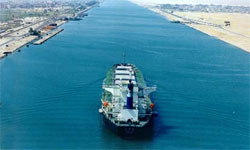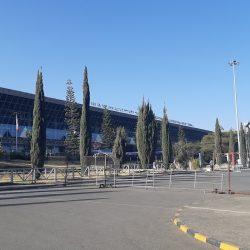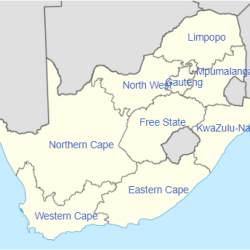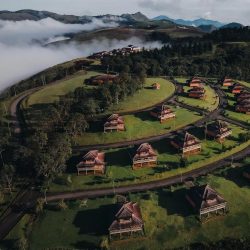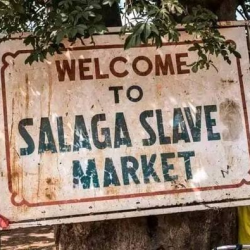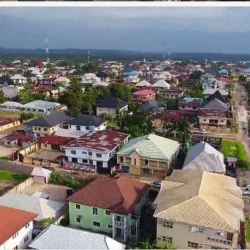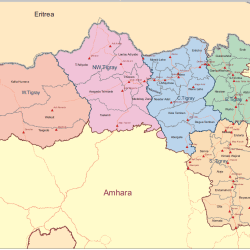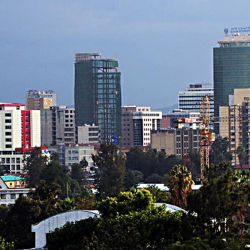Calabar Free Trade Zone (CFTZ)
The Calabar Free Trade Zone (CFTZ) was established in November 2000, covering an area of 152 hectares.
Plans were made to expand it by a further 63 hectares. It is conveniently located adjacent to the Calabar Free Port and in close proximity to Calabar metropolis. There are currently over 60 companies registered in the Zone. The industry sectors covered by these companies range from textile manufacturing to food processing, pharmaceuticals, steel rolling, paint manufacturing and computer assembly.
Tinapa
Tinapa is a business and leisure resort district 10 km away from Calabar city, in Cross River State, Nigeria.
The resort is Cross River State government’s development efforts meant to boost trade and tourism.
Calabar Free Trade Zone (CFTZ) & Tinapa
Located on the Calabar River in the Calabar Free Trade Zone (CFTZ), in the State of Cross River, Tinapa is the realisation of an exciting dream – the first integrated business and leisure resort in Nigeria.
Tinapa was conceived and designed to deliver a world-class user experience. Planned in phases, the final vision will create a unique destination for trade and leisure markets in West Africa.
It is clear that the size and extent of the West African market holds great potential for Calabar to become a major player in intra-regional trade. The targeting of West and Central African trade holds the key for the success of Tinapa. With a total potential market of 277 million people, a strong regional market exists, and is easily accessible from Calabar.
The markets identified above provide a platform upon which the success of Tinapa can be realised. These markets already exist and signify that the provision of facilities of an international standard will be met with enthusiasm and support.
A facility of the nature proposed would improve the external perception of the country as a whole (and to an extent the entire West African region) and would be instrumental in opening numerous windows of opportunity for other products of this nature to be developed within the region.
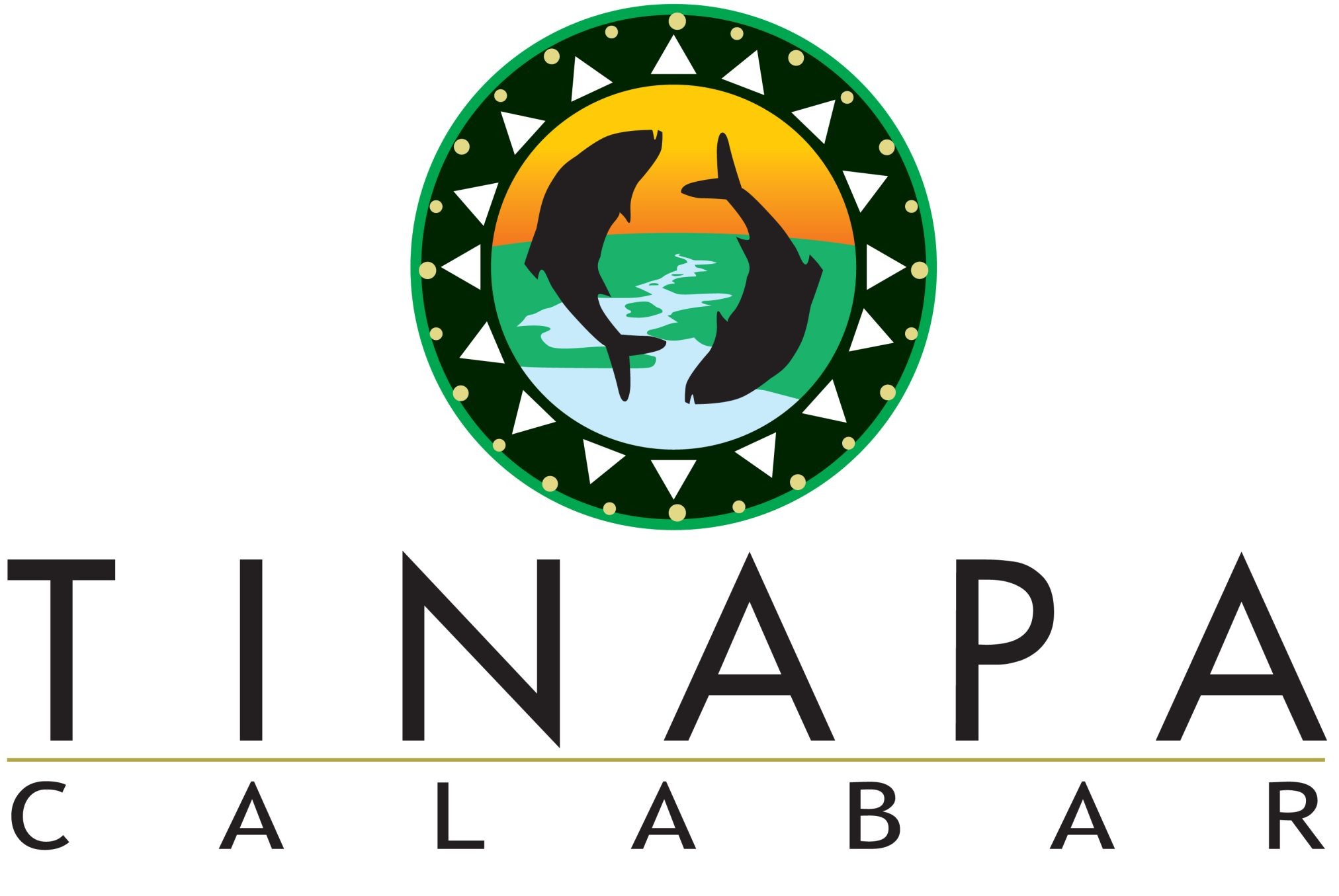

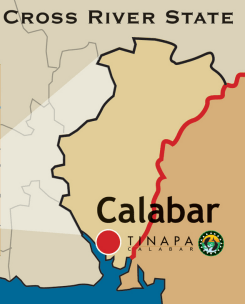

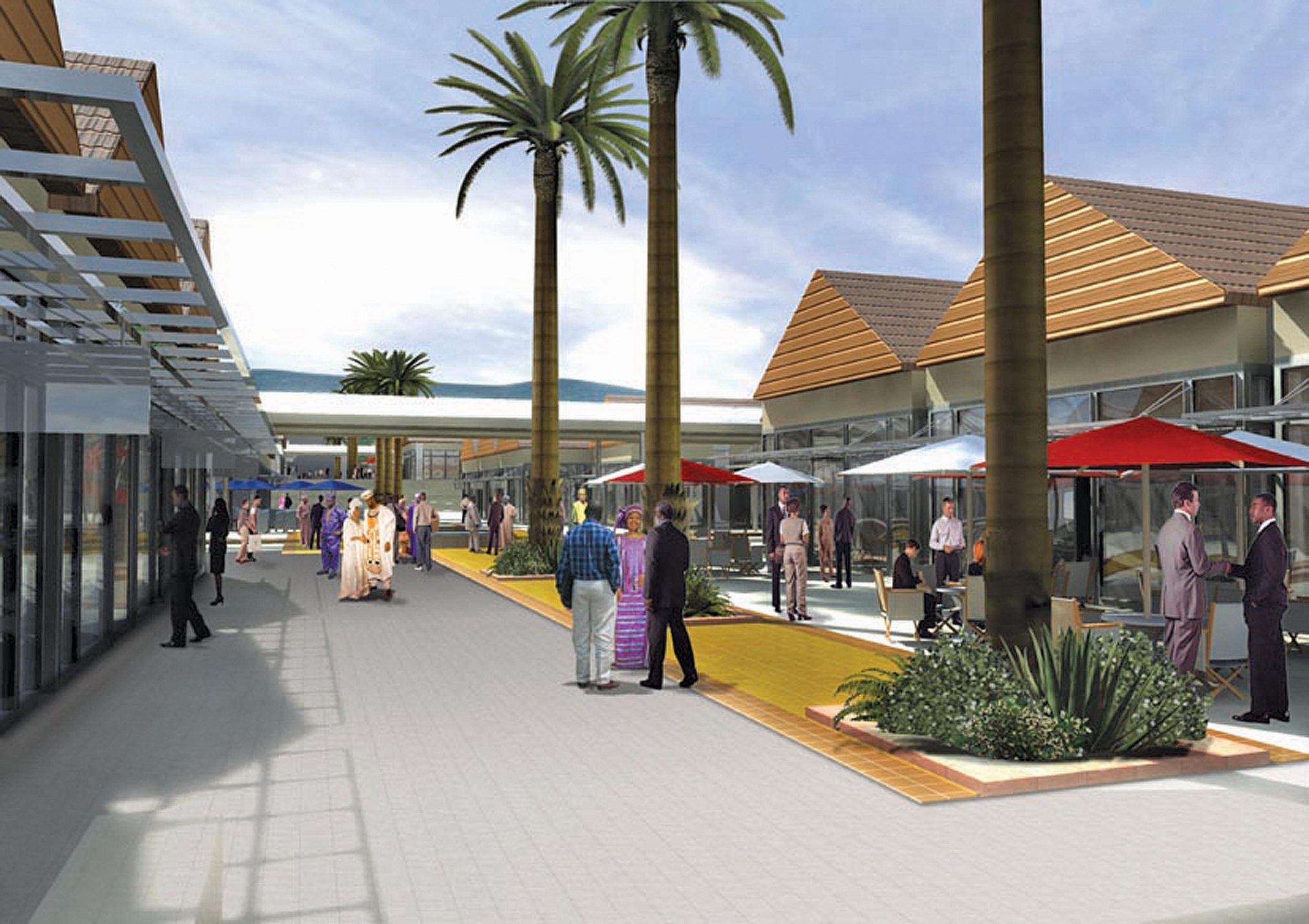
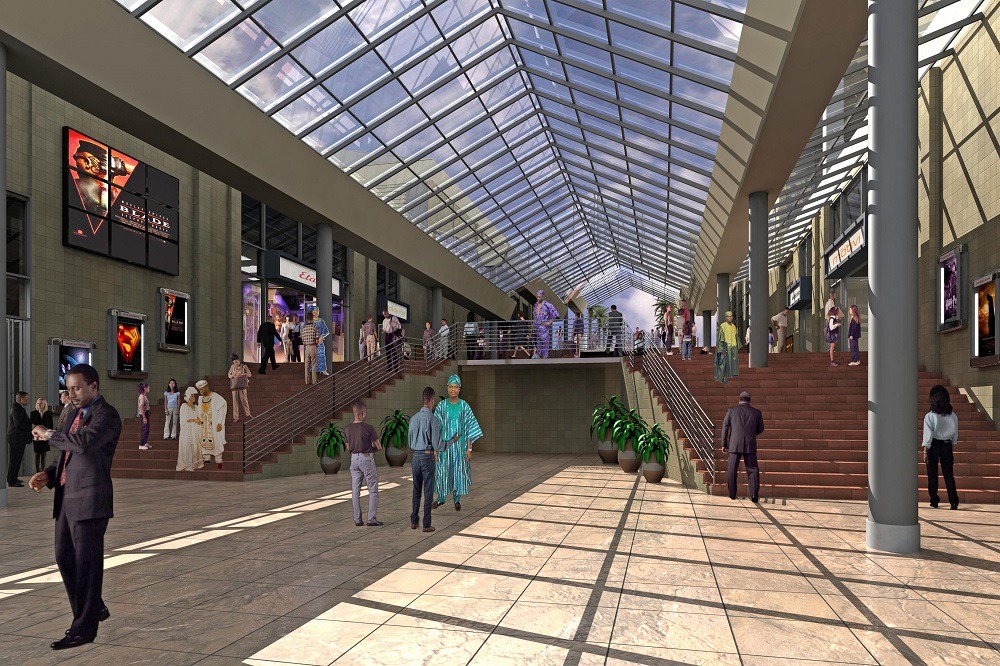

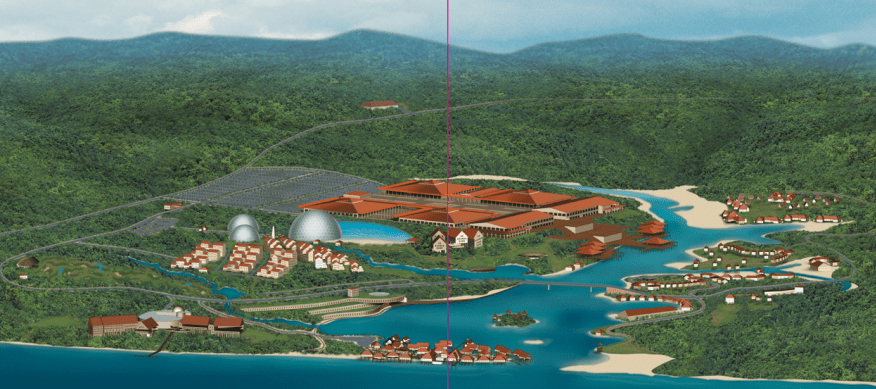



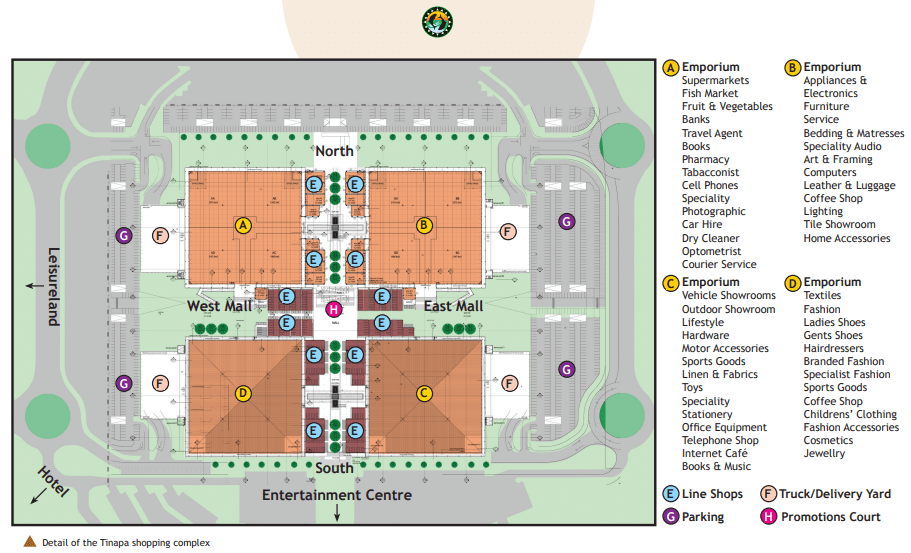


Some of the benefits offered by the CFTZ which attract investors include:
• Tax and regulatory incentives (as highlighted in the previous section);
• The location of the CFTZ next to the Calabar Free Port, providing easy access for raw material imports to the zone and export of finished goods from it;
• Rent-free land during the construction of the facility;
• Allowance of 100 per cent ownership by foreign investors in the enterprises located within the Zone;
• One-stop approval process for setting up operations, thereby eliminating red-tape and bureaucratic procedures;
• Uninterrupted source of electricity (National Electric Power Authority power lines and three backup generators);
• Fully serviced sites including potable water and sanitation (private water plant);• Flexibility in terms of the size of the sites allowed for each operation; and
• The provision of support infrastructure including banks, a fire station, telephone exchange, clinic, police station, post office, customs processing offices, immigration services for foreign companies, warehousing, cargo handling services, and a private security company, within a fenced perimeter.
The impact of the CFTZ both for Cross River State and Nigeria is felt not only by the number and diversity of the industries operating within the zone, but also by the increase in employment and commerce. To date, it is estimated that the increased activity has created 4,000 jobs. The heightened activities in the CFTZ have also increasingly boosted the financial services and hospitality sectors.
The vision for the CFTZ is to be the industrial and trading hub of West Africa by virtue of its strategic geographical location in the Region. In addition to the ECOWAS market size, further potential for regional trade exists with other countries to the East and South of Nigeria such as Cameroon, Chad, Central African Republic, Equatorial Guinea, Gabon and Congo.
In line with the above, a vision will also be required to ensure that the CFTZ can integrate with and impact on industries in Calabar.
Integration of the following sectors with businesses in the CFTZ can include:
• manufacturing — importation of raw materials and components for product assembly, light manufacturing, regional distribution of manufactured/assembled goods, etc;
• wholesale/retail trade — import of consumer products for local sale, import of consumer products for national distribution, import and re-export of consumer products to regional markets, etc.; and
• agriculture — agro-processing, packaging and repackaging of agricultural products, exports of high-value, perishable agricultural and horticulture products, etc.
Reference: tinapa.com/images/downloads/broll_brochure_v2.pdf
